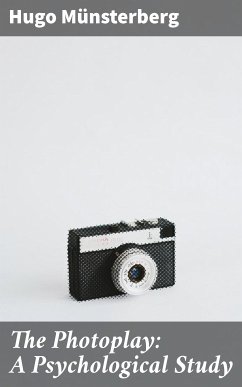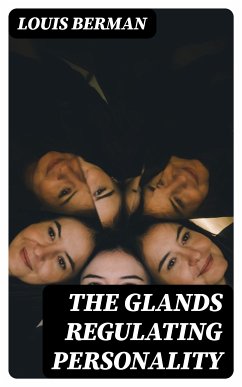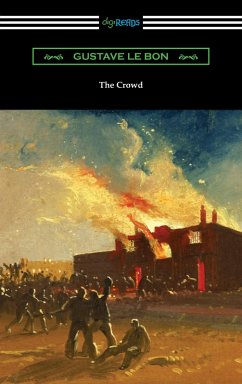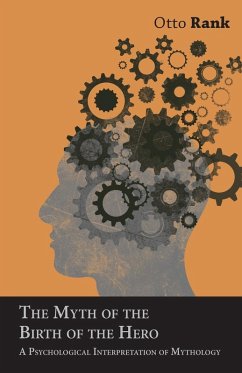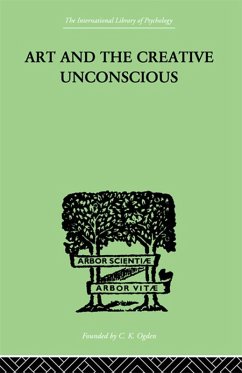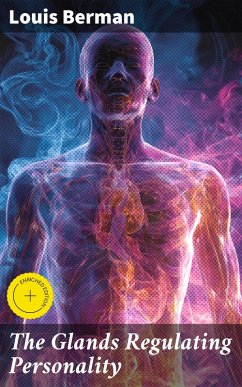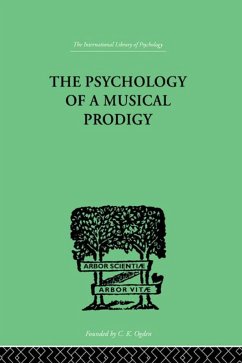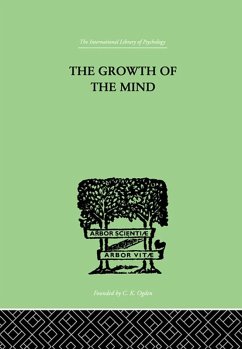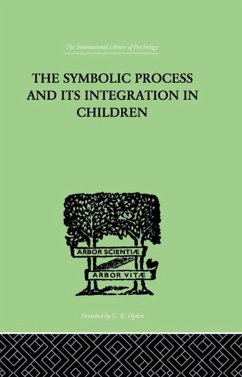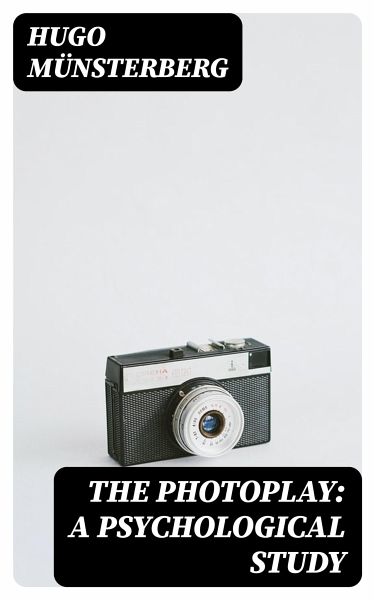
The Photoplay: A Psychological Study (eBook, ePUB)
Versandkostenfrei!
Sofort per Download lieferbar
1,99 €
inkl. MwSt.
Weitere Ausgaben:

PAYBACK Punkte
0 °P sammeln!
In "The Photoplay: A Psychological Study," Hugo Münsterberg delves into the burgeoning medium of film, examining its psychological implications and artistic potential. Writing in the early 20th century, Münsterberg employs a blend of psychological theory and aesthetic critique, articulating how the photoplay evokes emotional responses from viewers akin to those inspired by literature and theater. His meticulous analysis covers various aspects of cinematic technique, from illusion and visual perception to narrative structure, positioning film as a legitimate art form that shapes and reflects ...
In "The Photoplay: A Psychological Study," Hugo Münsterberg delves into the burgeoning medium of film, examining its psychological implications and artistic potential. Writing in the early 20th century, Münsterberg employs a blend of psychological theory and aesthetic critique, articulating how the photoplay evokes emotional responses from viewers akin to those inspired by literature and theater. His meticulous analysis covers various aspects of cinematic technique, from illusion and visual perception to narrative structure, positioning film as a legitimate art form that shapes and reflects human experience. Hugo Münsterberg was a prominent psychologist and philosopher who served on the faculty of Harvard University. His background in psychology and interest in the arts informed his belief that cinema could be both an expressive medium and a psychological phenomenon. His experience as a contemporary of early film pioneers, alongside his commitment to understanding the interplay between mind and art, provides a rich foundation for the insights presented in this work. This book is a must-read for cinephiles, psychologists, and anyone interested in the intersection of art and human perception. Münsterberg's thought-provoking exploration encourages readers to contemplate the deeper significance of film, making a compelling case for its importance in 20th-century cultural discourse.
Dieser Download kann aus rechtlichen Gründen nur mit Rechnungsadresse in A, B, BG, CY, CZ, D, DK, EW, E, FIN, F, GR, H, IRL, I, LT, L, LR, M, NL, PL, P, R, S, SLO, SK ausgeliefert werden.




